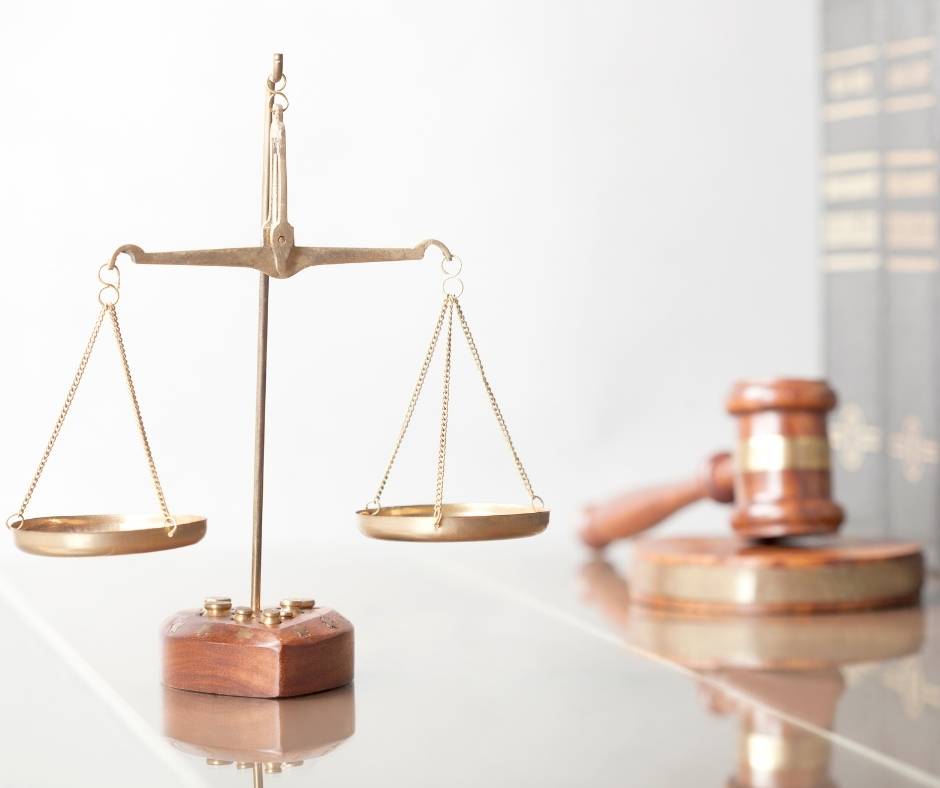Keeping up with the Law is the foundation of a successful investment
Maryland landlords need to stay informed about new real estate laws impacting their rental practices. As of October 1, 2024, several laws are taking effect that may significantly alter how you manage your properties. Below, we break down these regulations, explain what they mean for landlords, and highlight county-specific rules for Prince George’s and Montgomery counties.
Statewide Regulations
1. Failure to Pay Rent Proceedings – Shielding of Court Records (SB 0019-2024)
This law requires the Maryland District Court to seal court records within 60 days of resolving a failure-to-pay-rent case that didn’t result in a possession judgment. Tenants can also request shielding for cases where possession judgments were made under specific conditions.
What this means for landlords:
Landlords may face challenges when screening prospective tenants, as past payment disputes could be hidden. Adjust your screening process to include stronger income and reference checks.
Law Link:
Read SB 0019-2024
2. Statewide Rental Assistance Voucher Program – Establishment (SB 0848-2023)
This program provides vouchers to low-income families on federal Housing Choice Voucher Program waitlists.
What this means for landlords:
You may see an increase in voucher-qualified applicants. This streamlined program could reduce approval delays for new tenants.
Law Link:
Read SB 0848-2023
3. Proof of Rental Licensure – Actions to Repossess (HB 003-2023)
Landlords must provide proof of a valid rental license to pursue legal action for repossession or unpaid rent.
What this means for landlords:
Ensure your rental license is current and compliant with your county’s requirements. Without proper licensing, eviction actions or rent recovery may be barred.
Law Link:
Read HB 003-2023
4. Rent Increase Notifications – Uniform Requirement (HB 151-2023)
Landlords must notify tenants of rent increases via written notice using first-class mail or electronic delivery (if preferred by the tenant).
What this means for landlords:
This law aligns notification practices statewide, although many counties already have similar requirements.
Law Link:
Read HB 151-2023
5. Limitation of Rent Liability for Lease Termination (SB 162-2024)
Tenants with a documented mental health condition requiring higher care levels can terminate their lease. Liability for unpaid rent is capped at two months.
What this means for landlords:
Landlords must release tenants who provide proper documentation. Adjust your leases to reflect this new condition.
Law Link:
Read SB 162-2024
6. Renters’ Rights and Stabilization Act (HB 693-2024)
This comprehensive law includes several significant changes:
- Security deposits are capped at one month’s rent.
- Tenants have a “first right of refusal” to purchase their rental unit before it is listed for sale.
- Establishes an Office of Tenant and Landlord Affairs and a Maryland Tenants’ Bill of Rights.
What this means for landlords:
- Security Deposits: Refundable deposits, including pet and utility deposits, must total no more than one month’s rent. Transition to non-refundable pet fees to mitigate potential losses.
- First Right of Refusal: Expect possible delays when selling rental properties. Notify tenants and offer them the chance to buy the property before listing it.
- Bill of Rights: Include this document in your lease agreements starting in October.
Law Link:
Read HB 693-2024
County-Specific Regulations
Prince George’s County: Rent Stabilization Act (Temporary)
Caps rent increases to 3% annually with a 60–90-day notice requirement. This temporary law is likely to become permanent.
What this means for landlords:
Evaluate your lease agreements and rent strategies to comply with the cap and notice timelines.
Resources:
[FAQs on Rent Stabilization](https://www.princegeorgescountymd.gov/sites/default/files/media-document/CB-7 Rent Stabilization Act FAQs (PDF) 4-17-2024_1.pdf)
Montgomery & Prince George’s Counties: Rent Court Workforce Solutions Pilot Program (SB 0354-2024)
This pilot program provides support to tenants navigating rent court proceedings.
What this means for landlords:
While tenants may gain access to additional resources, landlords may experience longer timelines in resolving disputes.
Law Link:
Read SB 0354-2024
Key Takeaways for Landlords
- Update your leases to reflect new laws and include the Maryland Tenants’ Bill of Rights.
- Stay current on rental licensing requirements to avoid legal obstacles.
- Reevaluate your deposit and fee policies to comply with the one-month cap.
- Prepare for potential delays when selling properties due to tenant purchase rights.
As always, consult legal counsel to ensure full compliance and adapt your practices to these changes. Stay informed and proactive to protect your investments and navigate Maryland’s evolving rental landscape effectively.

